Is AI Always Innovation? The Deceptive Reality of ‘AI Washing’
Input
Modified
‘AI Marketing’ Misleading Consumers Unclear functions and application domains Packaging as breakthrough technology deceives consumers
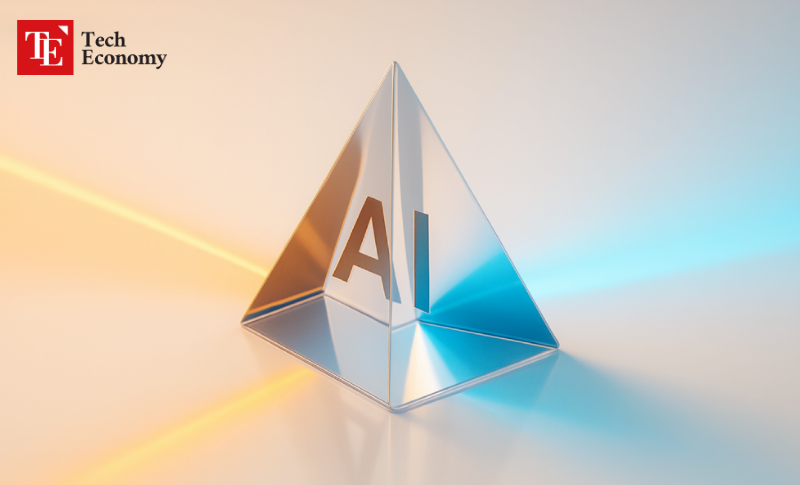
Instances of ‘AI Washing’ are proliferating at a rapid pace. AI Washing refers to products and services that are packaged as if powered by cutting-edge AI, but in reality either use no AI at all or only simple automation. Similar to ‘Greenwashing’—in which products that are irrelevant to or even harmful for the environment are marketed as eco-friendly—AI Washing leverages the AI hype without actual technological substance, ultimately undermining the industry itself.
Exaggerated and False Marketing: The Serious Problem of AI Washing
According to the retail industry on the 22nd, consumers are increasingly exposed indiscriminately to AI Washing. The practice largely falls into two categories: ‘exaggeration’ and ‘irrelevance.’ The most common type is exaggeration, where simple automation or recognition technologies are dressed up and advertised as AI. The Washington Post (WP) cited Oral-B’s toothbrush as a prime example. Oral-B claims its AI detects tooth position and brightness to determine whether brushing is thorough. Yet when WP asked the company to clarify exactly how AI is integrated, it was unable to provide an answer. Coca-Cola’s promotion of its “first limited-edition flavor created by humans and AI together” was also flagged, as the actual role of AI in product development was ambiguous. Forbes observed that “the mention of AI is merely to make the product appear more innovative.”
Cases of irrelevance—where AI is invoked without any relation at all—are also widespread. In March, the U.S. Securities and Exchange Commission (SEC) fined investment advisory firms Delphia and Global Predictions $400,000. Both firms had claimed to employ AI and machine learning (ML) in their investment processes, but in fact used no AI whatsoever.
Amazon’s cashierless store ‘Amazon Go’ is another case in point. Launched in 2018, Amazon Go was touted as an “AI-powered cashier-free store” where customers could simply grab items and leave, with sensors and cameras automatically recognizing purchases for seamless checkout. However, suspicions arose that humans were actually behind the scenes. Tech outlet The Information reported that Amazon had hired about 1,000 employees in India who monitored store cameras and manually recorded what customers took. While Amazon countered that these Indian workers only “performed quality checks,” the company’s credibility had already been damaged.
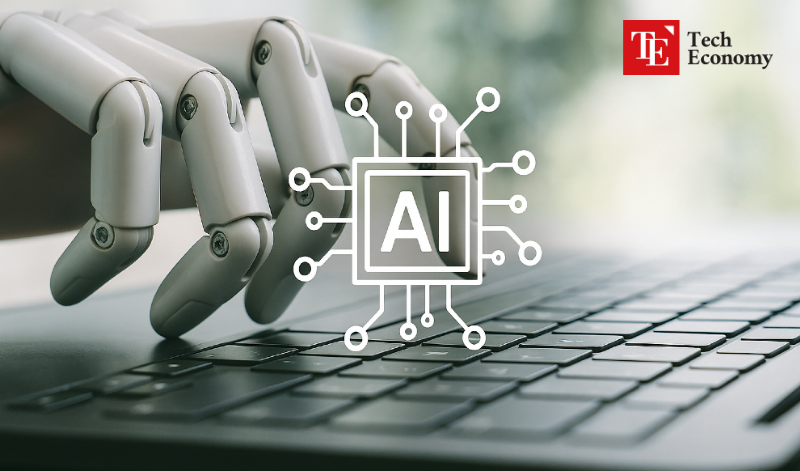
Apple and Samsung Also Drawn into AI Washing Controversy
The class-action lawsuit against Apple in March underscored the gravity of AI Washing. Last year, Apple promoted the iPhone 16 series with the AI agent feature “More Personalized Siri,” but failed to implement it, leading to lawsuits from both consumers and shareholders. The feature was described as an advanced version of Siri, Apple’s voice assistant, which would employ AI to access various apps and perform tasks on behalf of the user. Apple even released a YouTube advertisement in September showcasing the feature on the iPhone 16 Pro.
In the ad, the protagonist runs into an acquaintance whose name they cannot recall. Asking Siri, “Tell me the name of the person I met at Café A a few months ago,” Siri checks the calendar and responds with the name. Apple assured buyers of the iPhone 16 that this function would arrive via a later Siri update. Roughly 37.2 million iPhones were sold under this promise.
However, Apple abruptly delayed the rollout. On March 7, Apple issued a statement saying the launch of “More Personalized Siri” would be postponed, citing the longer-than-expected development timeline for a fully functional AI agent. Without giving a specific date, Apple said only that “the Siri update may be introduced in 2026,” and even removed the advertisement depicting Siri checking the calendar.
Some consumers retaliated with a class-action lawsuit. On March 19, the U.S. District Court for the Northern District of California received a complaint alleging that Apple’s iPhone 16 AI advertising constituted false advertising. Three months later, in June, CEO Tim Cook and CFO Kevan Parekh were also sued by shareholders. Some investors filed securities fraud charges, arguing that Apple misled them by touting AI capabilities at the June 2024 Worldwide Developers Conference (WWDC) despite having no working prototype, and by announcing an unrealistic release schedule.
Korean firms have not been immune either. Samsung advertised its “Bespoke AI Refrigerator” as capable of automatically identifying its contents at all times. Yet an investigation by the U.S. National Advertising Division (NAD) found the feature could only recognize 33 specific items visible to the camera. NAD concluded that even the phrase “smart function” could mislead consumers into believing it was an AI capability. Samsung pledged to amend the advertising language, and the case was closed without further sanctions.
Simple Chatbots Disguised as ‘AI Agents’
Similar scenarios have unfolded elsewhere. U.S. shopping app Nate claimed “deep learning handles payments and checkout,” but allegations emerged that outsourced workers in the Philippines were manually processing orders. This spring, the Southern District of New York indicted its founder on investor fraud charges. San Francisco startup GameOn marketed an AI sports chatbot but was indicted for falsified financials, fake audit reports, and inflated revenue.
Canadian startup Delphia claimed to offer AI-driven personalized investment advice, but no such system existed. U.S. crypto trading platform PGI Global advertised an AI-powered automated investment system to maximize returns, but it was in fact a pyramid scheme luring investors. These companies now face investigations by the U.S. Department of Justice and SEC for fraud and false advertising.
Many firms are repackaging basic chatbots or simple automation tools as “AI agents.” According to Gartner analyst Anushree Varma, “Most current AI agent projects are merely pilot experiments or proofs of concept misapplied due to overhyped advertising. As a result, organizations overlook the true costs and complexities required for large-scale deployment, delaying projects from entering full operational phases.” Some companies are even rebranding basic assistants or chatbots as agents, thereby aggravating the problem.
The temptation of AI Washing is clear: once the AI label is attached, funding prospects improve dramatically. Market research firm PitchBook reported that U.S. startups raised $55.6 billion last year, of which 48.7%—$27.1 billion—went to AI startups. Forbes noted that startups referencing AI raised between 15% and 50% more capital than those that did not. Consequently, more startups are invoking AI to attract funding. According to European venture capital firm OpenOcean, only 10% of startups referenced AI in their business pitches in 2022, but this rose to 25% in 2023 and 35% in 2024.


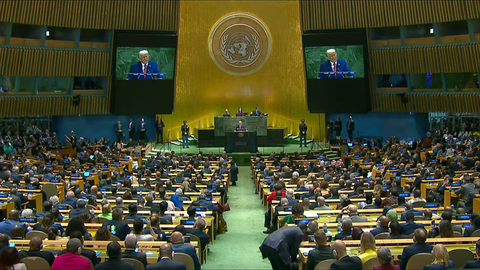
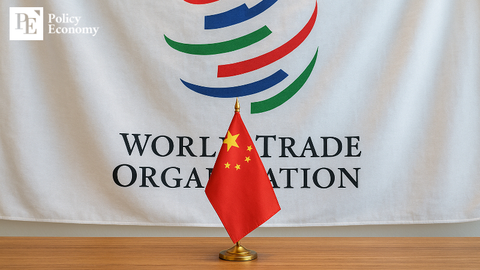

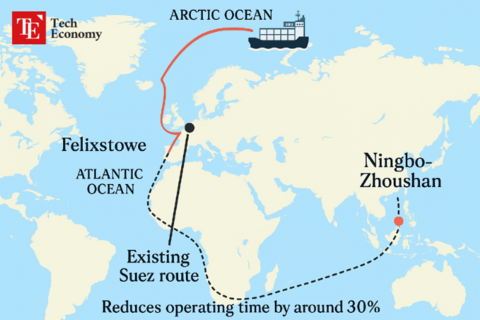
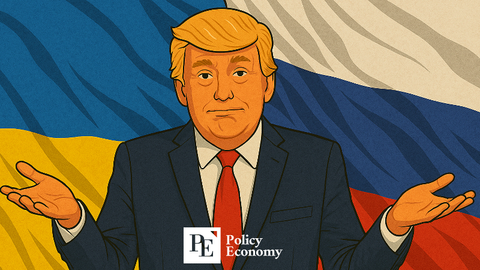


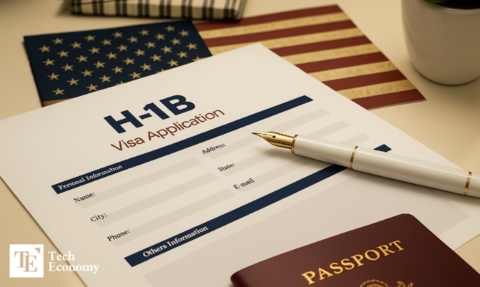












Comment